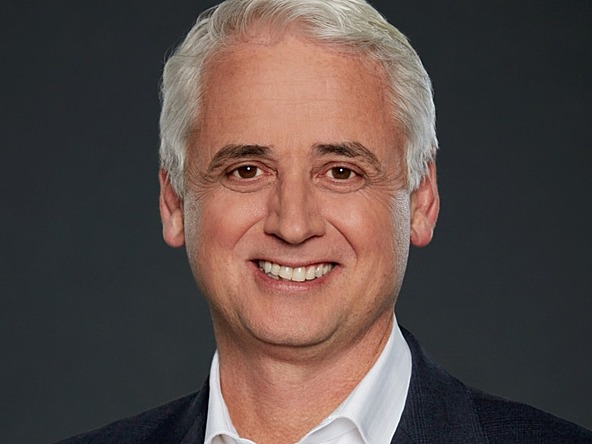NEWS24 April 2019
All MRS websites use cookies to help us improve our services. Any data collected is anonymised. If you continue using this site without accepting cookies you may experience some performance issues. Read about our cookies here.
NEWS24 April 2019
US – Nielsen’s chief executive, David Kenny, has spoken out against the addition of a citizenship question to the 2020 US census, saying inaccurate data would lead to ‘flawed business decisions’.

Writing in the New York Times, Kenny (pictured) said including a citizenship question in the census would “pollute a data set that is foundational for businesses all over the country”.
The Supreme Court is currently considering whether or not the Trump administration can add the question to the census, with a ruling expected in June.
Kenny said if the government is successful, “the census will yield flawed data”. This would have significant consequences for American businesses which “rely heavily” on census data to make “their most critical business decisions,” he added.
The decennial census has not included a question on citizenship since 1950, and there are concerns that it would negatively impact turnout, leading to inaccurate results and affecting federal funding decisions in future.
Various cities, business groups and non-profit organisations have voiced their criticism of the proposed question, but Kenny appears to be the first company chief executive to speak out against it individually.
Nielsen relies on census data to revise its ranking of the country’s top media markets, which Kenny said directly impacts “how advertisers spend their money”.
Big data sets, which are increasingly used to inform business decisions, have inherent structural biases and therefore need to be benchmarked against census data, added Kenny. “Even a small error in the census can be amplified over and over again as the data is used in new and ever evolving ways. The last thing that business needs is for the next 10 years of data to be built on a faulty foundation,” he said.
He concluded: “My company and our peers in the advertising industry have, collectively, more than 100 years of experience with data, and we believe that including this question will result in an inaccurate census that will lead to flawed business decisions. You can count on it.”
Earlier this month, industry body the Insights Association joined 24 other organisations, including Uber and Levi Strauss & Co, in filing a brief to the Supreme Court arguing that including the question would be harmful to businesses.
Related Articles
0 Comments